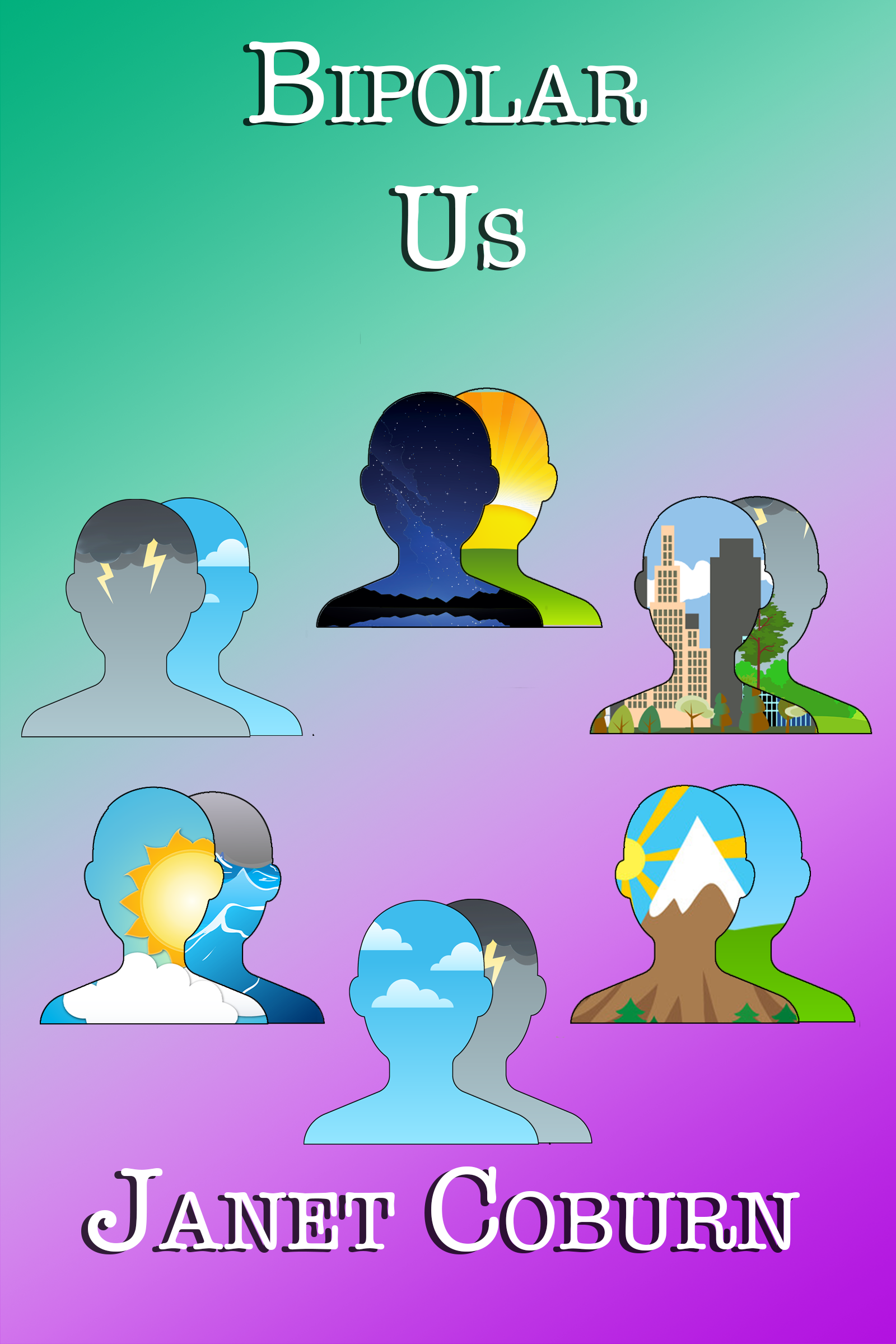Next in my ongoing series (see: https://bipolarjan.wordpress.com/2015/07/05/new-hope-for-mental-illness/) of posts about news stories that bear on mental health, and what they may or may not mean:
Depression Damages Parts of the Brain, Research Concludes, July 2, 2015, by Sasha Petrova (http://www.iflscience.com/health-and-medicine/depression-damages-parts-brain-research-concludes_
“Brain damage is caused by persistent depression rather than being a predisposing factor for it, researchers have finally concluded after decades of unconfirmed hypothesising,” the article begins.
“A study published in Molecular Psychiatry … has proved once and for all that recurrent depression shrinks the hippocampus – an area of the brain responsible for forming new memories – leading to a loss of emotional and behavioural function.”
The article also claims that “the effects of depression on the brain are reversible with the right treatment for the individual,” though what those treatments might be is not explained.
The take-away: Depression damages the brain, not the other way around. What this means for patients is not yet known.
Link Found Between Gut Bacteria and Depression, July 28, 2015, by Caroline Reid (http://www.iflscience.com/plants-and-animals/link-found-between-gut-bacteria-and-depression)
Well, if it’s not the hippocampus, it might be your guts. According to this article, “Scientists have shown for the first time that there is a way to model how the gut bacteria in a mouse can have an active role in causing anxiety and depressive-like behaviors….
“[T]he lead author of the study… concluded that stress shortly after birth in mice, alongside the microbiome associated with stress, can lead to depression later in life.”
The take-away: More help for depressed mice. As the study author says, “It would be interesting to see if this relationship also effects humans. ….We need to obtain some human data to be able to say with confidence that bacteria are really inducing anxiety or depression…. However, so far, the data is missing.” In other words, more theory, more mice, no help for patients.
Mad Cow Disease Protein May Play a Role in Depression, by Justine Alford
(http://www.iflscience.com/brain/mad-cow-disease-protein-may-play-role-depression)
“In all likelihood, there is no single cause, but one of the leading ideas is that it results from an imbalance of chemicals in the brain, namely the ‘happy’ hormone serotonin and the ‘pleasure’ hormone dopamine.” Hard to argue with that. But here’s the meat of the article: “[S]cientists may have just discovered another contributing factor – abnormal bundles of proteins called prions.” Prions are also the culprit in mad cow disease. After some theorizing and mouse research, “the researchers propose a possible mechanism for the involvement of prion proteins in depression.”
The take-away: Interesting to scientists, but no help yet for depression sufferers. Plus, the article is a bit too technical for the lay audience – and all theory, except perhaps for the mice.
Picky Eaters May Be More Likely to Develop Anxiety and Depression, by Hannah Keyser (http://mentalfloss.com/article/67034/picky-eaters-may-be-more-likely-develop-anxiety-and-depression)
“An easy and reliable method of distinguishing bipolar disorder from major depressive disorder could save tens of thousands of lives, and transform millions more. Now researchers at Chongqing Medical University, China, claim to have found just that in a study based on biomarkers in urine.” According to the study, the presence of six metabolites in urine was 90 percent reliable in diagnosing the two conditions, which are notoriously difficult to tell apart. “Studies have found that as many as 39% of patients diagnosed with MDD have unrecognized bipolar.”
The take-away: More research needed, but this could be big. Pee on a stick and find out whether you’re bipolar, instead of relying on the DSM. (Full disclosure: I was diagnosed with major depression for decades before my bipolar 2 diagnosis.)
The Startup That Wants to Cure Social Anxiety, by Robinson Meyer (http://www.theatlantic.com/health/archive/2015/05/the-startup-that-wants-to-end-social-anxiety/392900/?utm_campaignFacebook_lookalike2%25_8%2F3_Atlantic_desktop)
This is, if not new, at least a little different: Cognitive Behavioral Therapy (CBT) delivered on the web. The article claims that “[R]esearch conducted over the past half-decade shows that CBT delivered via a website can be just as effective as CBT delivered through an in-person therapist.” The service, called “Joyable,” can be accessed for $99 per month or $239 for three months, which includes a coach. The company says that the online treatment “reduces the stigma around seeking out therapy.”
The take-away: Yeah. We’ll see. And lose the name “Joyable,” for heaven’s sake. (Full disclosure: I’ve never been a fan of CBT.)
Seriously, though, survey says, “Half of those people [more than 600 individuals surveyed in 2011] described themselves as having a mental health problem. The results highlighted some of the benefits of feline ownership:
- 87% of cat owners feel that the animals have a positive impact on their wellbeing
- 76% find that coping with everyday life is easier thanks to the animals
- Stroking a cat is a calming and helpful activity.”
The article also refutes the myth about “crazy cat ladies” and self-harm.


Comments always welcome!